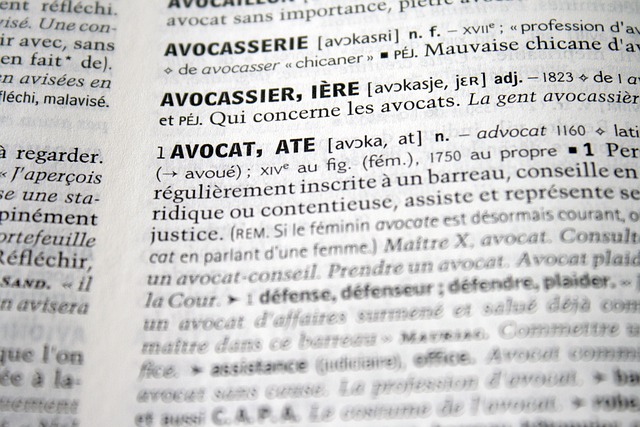This text offers an overview of child support rights and parental obligations, emphasizing the legal duties of both parents to contribute to their child's well-being. Key aspects include maintaining consistent support payments, keeping open communication, and understanding the right to modify arrangements based on changing circumstances. The framework aims to safeguard a child's financial security and stability, with cooperation between custodial and non-custodial parents being crucial for fulfilling these duties effectively. By navigating support responsibilities and legal duties support, parents can foster a fair and supportive environment for their children.
“Unraveling the complexities of child support is crucial for all parents. This comprehensive guide aims to provide a clear overview of your rights and responsibilities regarding financial obligations towards your children.
We explore the intricate balance of legal duties and parental obligations, ensuring every guardian understands their role. From defining child support rights to navigating key points, this article offers essential insights. Discover how to manage these responsibilities effectively, enabling a secure future for your offspring.”
- Understanding Child Support Rights: A Comprehensive Guide
- Legal Duties and Parental Obligations: Who’s Responsible?
- Navigating Support Responsibilities: Key Points to Remember
Understanding Child Support Rights: A Comprehensive Guide

Understanding Child Support Rights: A Comprehensive Guide
Child support rights are integral to ensuring a child’s well-being and financial security, with both parents bearing legal duties to contribute to their offspring’s maintenance. This involves meeting the basic needs of the child, including food, shelter, clothing, healthcare, and education. The responsibility for providing support is a shared parental obligation, regardless of marital status or custody arrangements. It’s crucial to have a clear understanding of these rights and responsibilities to foster a stable and healthy environment for the child.
When it comes to child support rights, an overview reveals that each parent has specific legal entitlements and obligations. These include the right to know about their child’s financial needs and to contribute accordingly, as well as the responsibility to maintain regular contact with the child. Parents also have the right to seek adjustments in support payments based on changes in circumstances, such as job loss or increased childcare costs. Awareness of these rights empowers parents to navigate the legal system effectively and ensure their children receive the care they deserve.
Legal Duties and Parental Obligations: Who’s Responsible?

In many jurisdictions, the legal framework surrounding child support rights and responsibilities is designed to ensure a child’s well-being and financial security. When it comes to legal duties and parental obligations, both parents play a crucial role in providing for their child’s needs. The parent with primary physical custody often has the primary responsibility for day-to-day care and expenses, but both parents share a legal obligation to support their child financially. This includes meeting the basic needs of food, clothing, shelter, education, and healthcare, as mandated by law.
Understanding support rights and responsibilities is essential for parents to fulfill their duties effectively. The non-custodial parent, while having fewer day-to-day interactions, still has a legal duty to contribute to the child’s support based on established guidelines. This contribution is calculated using various factors, including income, custody arrangements, and the specific needs of the child. It’s crucial for parents to cooperate and communicate regarding these obligations to ensure their child’s best interests are served, fostering a stable and supportive environment despite separation or divorce.
Navigating Support Responsibilities: Key Points to Remember

Navigating Support Responsibilities: Key Points to Remember
When it comes to child support rights and responsibilities, understanding one’s legal duties is paramount. Parents have a fundamental obligation to provide financial support for their children’s well-being. This includes meeting the basic needs such as food, clothing, shelter, and education, which are crucial for a child’s healthy development. Child support rights are not merely about monetary contributions; they encompass ensuring stability and security for the child in both physical and emotional aspects.
Key points to remember include regular and consistent payments as per the established plan or court order, keeping the other parent informed about any significant changes in income or circumstances, and maintaining open lines of communication regarding the child’s needs. It is also essential to be aware of one’s rights to seek modifications if life circumstances change, ensuring a fair and balanced support system for the child’s benefit.






